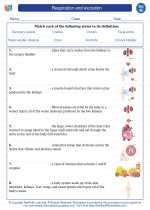Biodiesel
Biodiesel is a renewable fuel made from natural sources such as vegetable oils, animal fats, or recycled restaurant greases. It is a cleaner-burning alternative to traditional diesel fuel, and can be used in diesel engines with little to no modification.
How is Biodiesel Made?
The process of making biodiesel involves a chemical reaction called transesterification, where the natural oils or fats are combined with alcohol (usually methanol or ethanol) and a catalyst (such as sodium hydroxide or potassium hydroxide). This reaction separates the glycerin from the oil, leaving behind biodiesel as the finished product.
Advantages of Biodiesel
- Reduces greenhouse gas emissions
- Decreases dependence on fossil fuels
- Renewable and sustainable fuel source
- Can be produced domestically, reducing reliance on imported oil
- Biodegradable and non-toxic
Study Guide
Here are some key points to remember when studying biodiesel:
- What are the natural sources used to make biodiesel?
- Explain the process of transesterification and its role in biodiesel production.
- Compare the environmental benefits of biodiesel to traditional diesel fuel.
- Discuss the advantages of using biodiesel as a renewable fuel source.
- Identify the potential challenges or limitations of biodiesel production and use.
Understanding the production, benefits, and potential drawbacks of biodiesel will provide a comprehensive overview of this important renewable fuel source.
.◂Science Worksheets and Study Guides Eighth Grade. Respiration and excretion
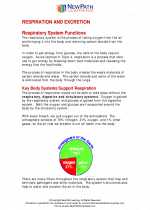
 Worksheet/Answer key
Worksheet/Answer key
 Worksheet/Answer key
Worksheet/Answer key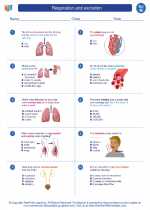
 Worksheet/Answer key
Worksheet/Answer key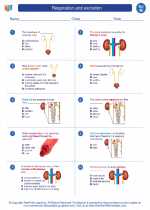
 Vocabulary/Answer key
Vocabulary/Answer key
 Vocabulary/Answer key
Vocabulary/Answer key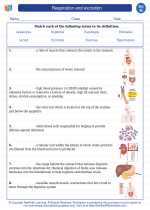
 Vocabulary/Answer key
Vocabulary/Answer key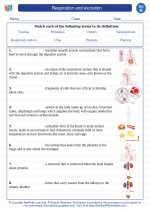
 Vocabulary/Answer key
Vocabulary/Answer key